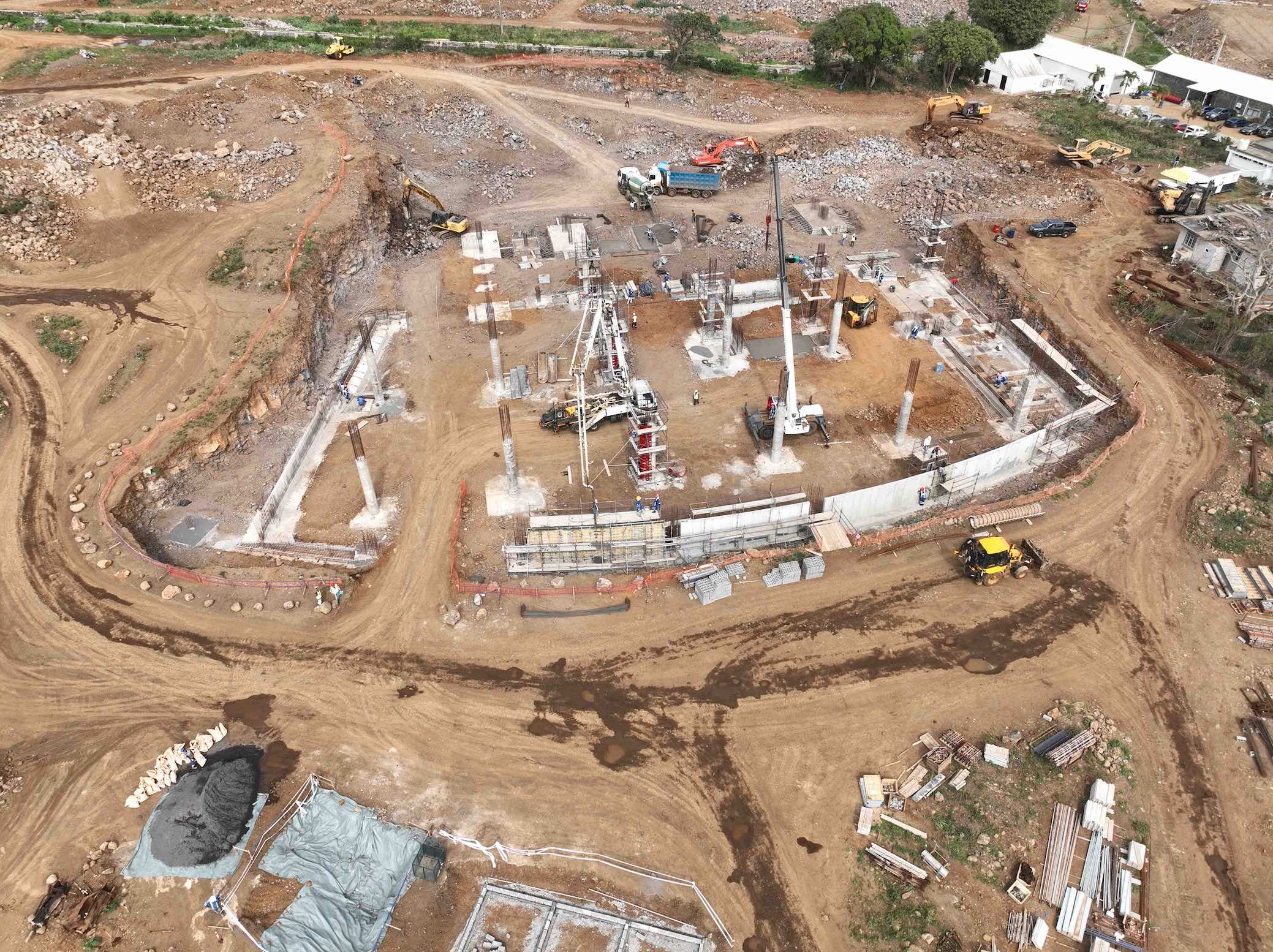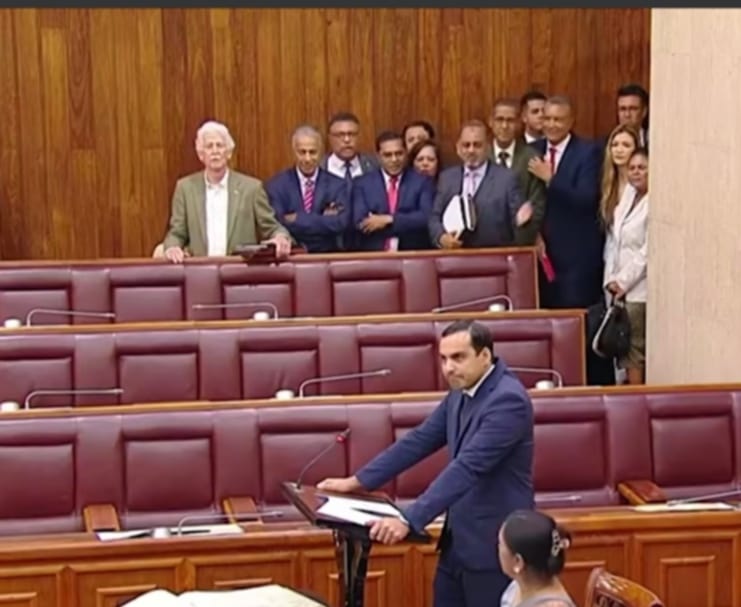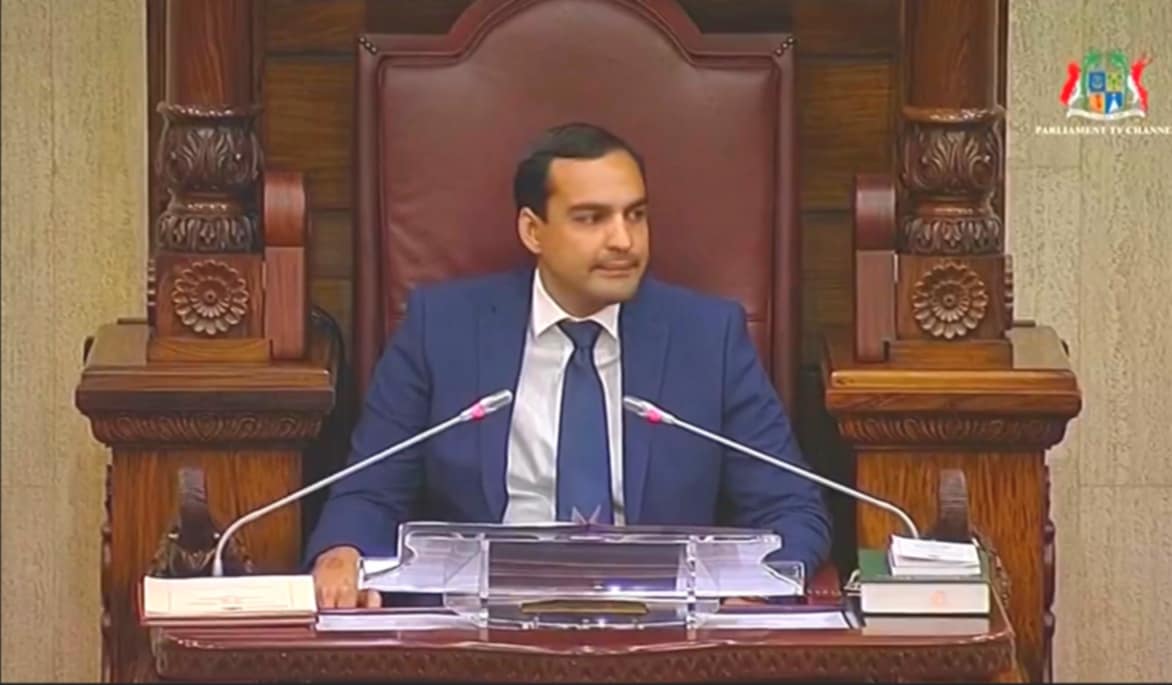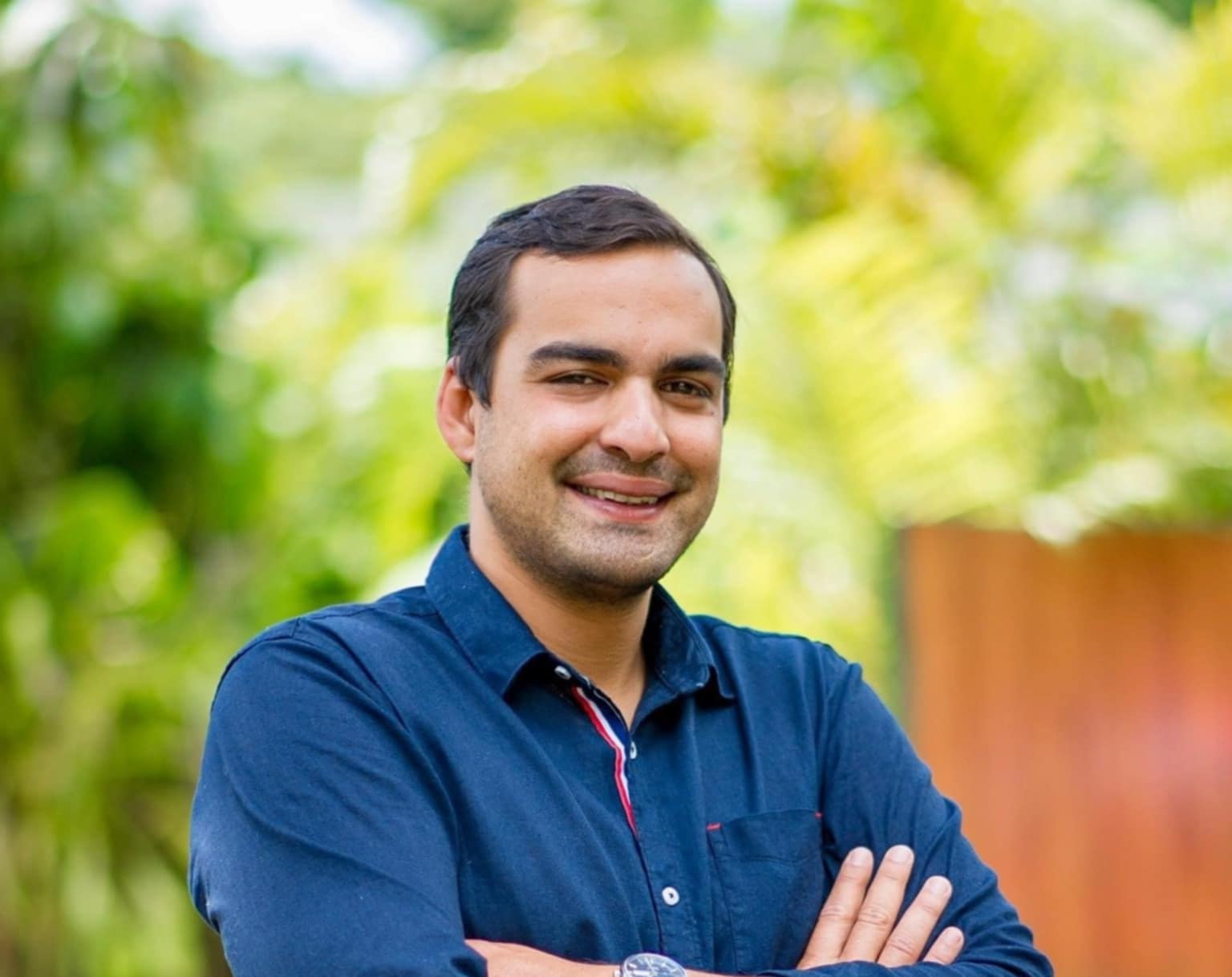We have reached a midpoint where conventional economical decision has been over-powering human wellbeing; thus transitioning to a wellbeing economy needs to be the top most priority of any government around the world, including Mauritius, in order to serve people and the planet.
On an international level, Wales has already adopted The Well-being Future Generations Act, which gives permission and legal obligation to improve our social, cultural, environmental and economic well-being. The act ensures that public bodies in Wales think about the long-term impact of their decisions, to work better with people, communities and each other, and to prevent persistent problems such as poverty, health inequalities and climate change. The Act is unique to Wales and is attracting interest from countries across the world, as it offers a huge opportunity to make a long-lasting, positive change to current and future generations. As many may already know, Bhutan’s policies is based on Gross National Happiness, where the happiness of its nation determines the growth of the country.
How can Mauritius inspire its economy towards a wellbeing one, despite of having a debt of 410 billion rupees end of 2022?
The wellbeing sector and SMES
Mauritius current account deficits is influenced by several factors ; high imports, high debts and low savings, yet if we invest our money where we get increase our income, our debt could be reduced.
Last month, in a poll surveyed conducted on LinkedIn 33% of young professional considers moving towards a wellbeing economy could help us strategically build more on our service sector, to allow more foreign currency in that would eventually increase our GDP. We need to build more schemes and 0% interest on loan of upto 1 million rupees for SMES specially owned by youth under 40, contributing in the wellbeing sector and nature-based activities under the tourism enterprise licence scheme. That will not only boost the economy by attracting a new market of tourists, but also create job for Gen Y and Gen Z wanting to serve differently than the conventional way.
Educational system and Entrepreneurship
The educational system has been long debated in Mauritius, and it changed its course many times over the past 33 years. Parents from LinkedIn are now seeking more alternative education for their kids.
How do we integrate alternative education in our budget to prepare the next generation? An alternative approach to education will go hand in hand with a wellbeing economy. It is high time that, we have a decent budget for the education sector, where we accommodate solely fifteen students per class with a teacher and a support teacher, while experiential learning becomes the core of our educational model.
According to the Bank of Mauritius in 2020, SMEs in Mauritius contributed to 44% of total employment, 35 % of the total domestic Gross Value Added (GVA) and 10.3 % of the country’s total domestic exports. Fact being as it is, having entrepreneurship as a subject both on theory and practical at an early stage of our educational system, could give rise to more young entrepreneurs who would contribute to our GDP to upto 80% in the next two decades, and our total domestic exports getting to 60% in two decades from now.
Taking the example of Singapore which runs its economy through service sector, where it externalizes its services to other countries, allowing more currency in, could also be an economic model that we encourage the younger generation to adopt in the service sector through entrepreneurship.
Sports, Arts and Culture
We have diverse cultural heritage, and we need to invest more in our artists to develop our economy. The budget 2023-2024 should have schemes and programs to support our local artists and sport person in their career development.
They need to be given a decent scheme to be able to fully focus in positioning Mauritius on the international level. If our local artists, are given the right platform to perform and we link it with our tourism sector, it could be a new market where we run ecological and cultural concert. It is also important to finance our local artists in more international concerts so that they market Mauritius as ambassadors in order to attract more tourists.
Health and Wellness sector and Agriculture
Last but not the least, how do we invest more in prevention, to spend less in cure. We need to build a budget, where we can reduce our budget to 50% on medical treatments. Yet, this can happen solely, if we invest more in preventive measures.
The first and foremost way is producing pesticides free fruits and vegetables locally, which is still not happening despite of the banned that was supposed to happen during budget 2021-2022.
We also need to encourage nature-based therapies, mindfulness and breath-work in the workplace and likely to the HRDC refund schemes, we should have schemes for indoor and outdoor wellness programs for employees.
If we want to adopt a wellbeing economy, we need to also go beyond decreasing the fuel cost and few food items, and giving grants for ‘’eye-washing’’. It is good for any government to keep this part, as people rejoice on fuel decrease, rise in pension after a budget, yet as intellectuals and visionary, our role needs to be of a stateperson in its purest intention.
I said it for the last budget, and I repeat it again:
‘’This budget needs to be a short-term budget for a long-term vision, not for the next election’’.
Meghna Raghoobar
(CEO HolistiZen)









